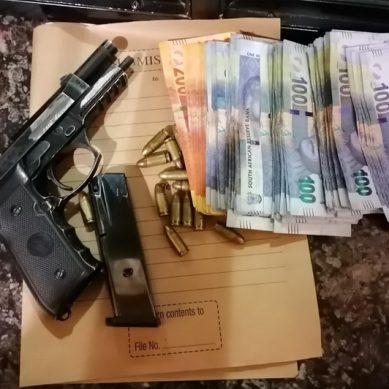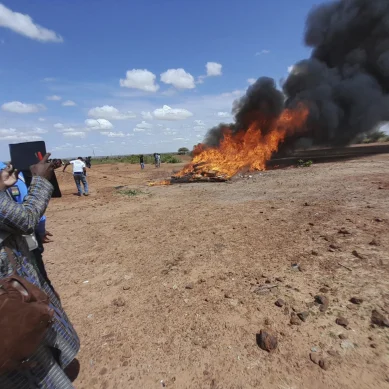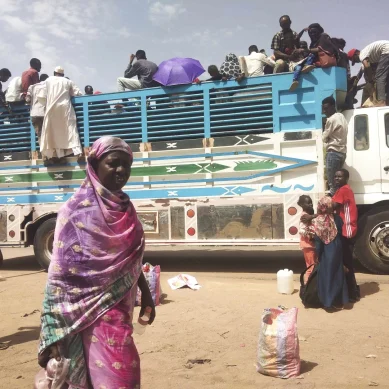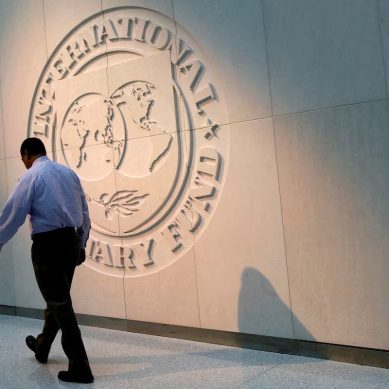
Facing the threat of extremist groups encroaching into its northern border regions, Ghana recently announced its “See Something, Say Something” campaign that urges citizens to report suspicious activity.
“Launching this campaign is to ensure we have all-inclusive, society involvement,” government spokesman Palgrave Boakye-Danquah was quoted by Joy News television. “The highest level of security, especially modern-day security, is to involve the citizens.”
Ghana’s leaders are ratcheting up security as Sahel-based extremists expand their operations into coastal countries. Ghana’s neighbours, Benin, Côte d’Ivoire and Togo, have already experienced extremist attacks originating in Sahelian countries.
“The spread makes the situation in the border regions of Ghana extremely worrying,” the West Africa Centre for Counter-Extremism (WACCE) said in a report examining Ghana’s risk of extremism.
Ghana has its own internal ethnic conflicts in several border regions that could serve as fuel for extremist activity, the centre’s report noted. In addition, the same regions face shortages of government services, high unemployment among young men, and other factors that could lead to extremist activity.
Additionally, there are 189 unmonitored border crossing paths with Burkina Faso alone and Ghana faces a serious threat of incursion by extremists, according to experts.
Those incursions may already be happening, according to Emmanuel Bombande, director of the West Africa Network for Peacebuilding. Bombande told local media in May that Ghana had become fertile ground for terrorist groups to take root.
Ghanaian telephone numbers turned up in the mobile phones of terrorists arrested by French forces conducting counterterror operations in Sahelian countries.
In June 2021, Ghanaian Abu Dujana detonated a suicide bomb in the name of Jama’a Nusrat-ul Islam wa Muslimin near a French camp in Gossi, Mali. Before the attack, Dujana recorded a video of himself calling for an uprising against the government of Ghana.
Against this backdrop, Ghana has launched “See Something, Say Something” as a way to educate the public about the need to be vigilant against potential extremist activity.
The National Security Ministry has created a hotline — 999 — for citizens to report suspected extremists along with education material to help people identify potential problems within their community. The signs of potential extremist activity include holding passports and other documents that belong to other people and hiring a suspiciously large number of vehicles for travel.
The overall effectiveness of Ghana’s response to its extremist threat “will be determined by the State’s willingness to recognise that the battle against terrorism and the drivers that underpin it cannot be won on the battlefield alone,” according to the WACCE report.
The ministry’s message is a priority in Central Ghana’s Techiman community, where the central market is a crossroads for people from all over West Africa.
“The very location of Techiman — its centrality — makes us more prone,” Martin Adjei-Mensah Korsah, the member of parliament for Techiman South district, told Joy News television.
The campaign asks people to be alert and attentive to changes in their community that could indicate a threat, Korsah said.
“We should all be watchdogs for our neighbourhoods – look out for characters whose identity, movement, and presence raise questions,” he said.
- A Tell report











